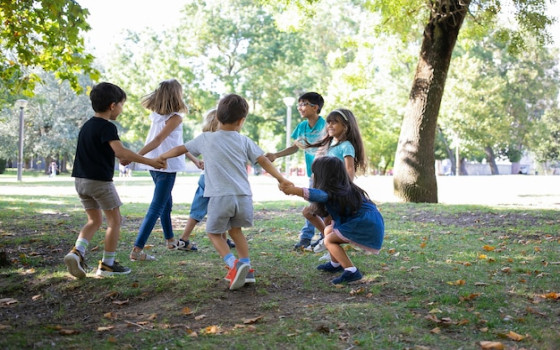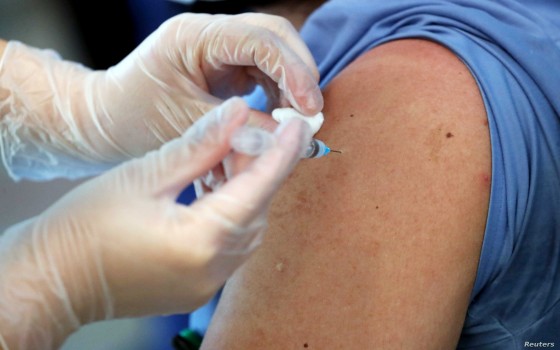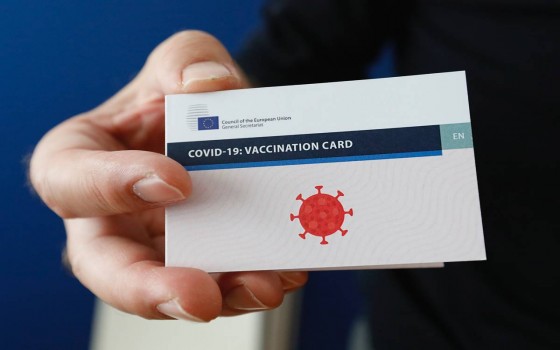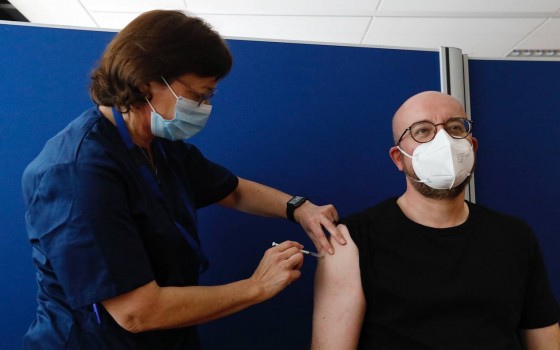
Corporal punishment of children... A World Health Organization report: It is still widespread, with more than a billion victims... It harms health and undermines their psychological and mental development.

- Europe and Arabs
- Friday , 22 August 2025 9:15 AM GMT
New York: Europe and the Arabs
A new report published by the World Health Organization (WHO) shows that corporal punishment remains alarmingly widespread and causes significant harm to children's health and development. Globally, an estimated 1.2 billion children are subjected to corporal punishment in their homes every year.
Data collected from 58 countries shows that 17% of children who experienced corporal punishment in the past month experienced more severe forms, including being hit on the head, face, or ears, or being hit hard and repeatedly. According to the UN Daily News Bulletin, a copy of which we received via email, the use of corporal punishment at home varies widely between countries. In schools, the practice is equally widespread. Across Africa and Central America, around 70% of children are subjected to corporal punishment during their school years, compared to around 25% in the Western Pacific region.
No Benefits of Corporal Punishment
“There is now conclusive scientific evidence that corporal punishment carries multiple risks to children’s health,” said Etienne Krug, Director of the Department of Health Determinants of Health, Promotion and Prevention at the World Health Organization. “It provides no benefits for children’s behavior, development, or well-being, nor for parents or communities.” It's time to end this harmful practice to ensure children grow up in a healthy environment at home and at school.
The report, "Corporal Punishment of Children: The Public Health Impact," highlights that children most at risk of corporal punishment are those with disabilities; those whose parents have been subjected to corporal punishment themselves; and those whose parents suffer from substance abuse, depression, or other mental health conditions. Broader societal factors such as poverty, racism, and discrimination also increase children's risk of being subjected to corporal punishment.
Long-Term Consequences
The health consequences of corporal punishment of children are profound and far-reaching. Beyond immediate injuries, the practice causes harmful biological responses, including increased stress hormone reactivity and changes in brain structure and function, which can undermine healthy development.
An analysis of 49 low- and middle-income countries shows that children who experience corporal punishment are, on average, 24% less likely to develop properly than their peers who do not experience it.
The psychological harms are equally severe, according to the organization, with children who experience corporal punishment facing increased risks. These include anxiety, depression, low self-esteem, and emotional instability. These effects often persist into adulthood, manifesting as higher rates of anxiety, depression, substance abuse, and even suicidal ideation, attempts, or completion.
Corporal punishment also has broader social consequences. Children who are subjected to it are more likely to develop aggressive behaviors, struggle academically, and engage in violent, antisocial, or criminal behavior as adults. This practice also fuels a broader social acceptance of violence, reinforcing harmful cycles across generations.












No Comments Found